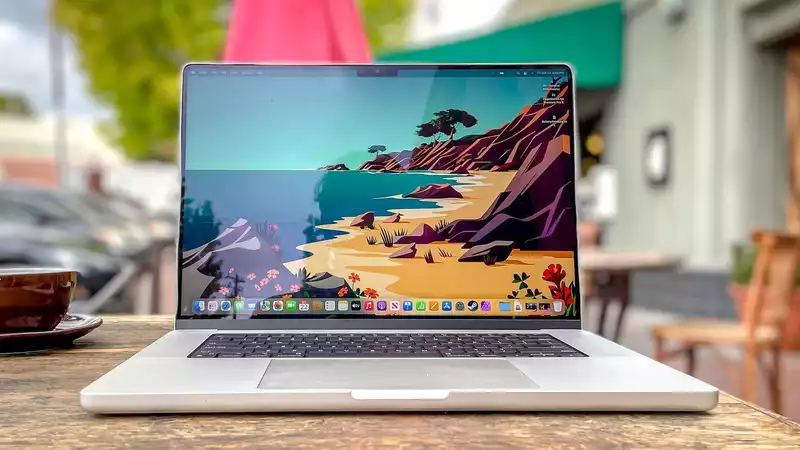The first generation Apple Silicon laptops and desktops impressed reviewers with their powerful performance and low power consumption. So it may come as no surprise that Apple already has a roadmap for the second and third generations.
The roadmap details come from "three people with direct knowledge of the plans" and paint a picture of a company eager to push its advantage over Intel.
The second-generation chips are likely to be "upgraded versions" of the 5-nanometer M1, M1 Pro, and M1 Max chips found in the company's recent MacBooks and Macs. While this may sound underwhelming, some of the new chips will double the number of dies to two, so the upgrade could be significant for high-end computers.
More dies means more processor cores, which is especially interesting for high-end computers. Earlier this year, Bloomberg reported that a future Mac Pro could feature a 40-core Apple Silicon, and an increase in die count would certainly help this ambition. For reference, the current M1 Pro and M1 Max chips have 10 cores, and the Mac Pros sold today can be equipped with a 28-core Intel Xeon W processor if money is no object (in fact, prices start at $12,999 for this configuration). The second generation is ready to go into test production, although not in time for the next Mac Pro, and will likely feature an improved version of the M1 Max with two dies instead of one.
The third generation Apple silicon will reportedly be manufactured on a 3nm process and will be a "bigger leap" with up to four dies. The report presents three processors codenamed Ibiza, Lobos, and Palma. The former is an entry-level chip for the iPad and MacBook Air, while the latter two are for the MacBook Pro and desktop computers. At this point, the A chip used in the iPhone will also be manufactured on the 3nm process, the report said.
Of course, a lot can happen to the design and ambition over the course of the roadmap, but this all sounds very promising. If the second and third generations of Apple silicon look as good as the first, it is hard to see any reason for Apple to go back to using Intel chips in its computers in the foreseeable future.










Comments